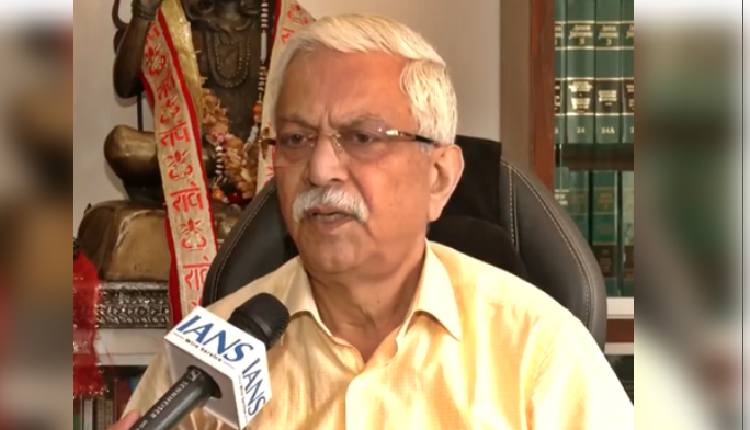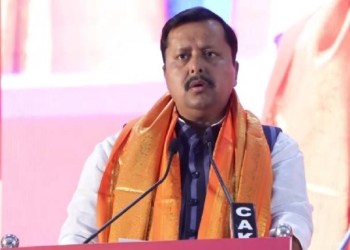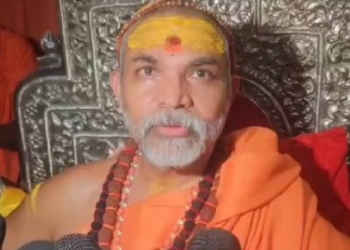New Delhi: The standoff between the Tamil Nadu government and Governor R.N. Ravi over the delay in granting assent to bills has finally been resolved by the Supreme Court. In a landmark judgment, the top court of the country ruled that the ten bills withheld by the Governor since 2020 have now automatically become law.
The apex court also termed the Governor’s conduct a violation of the Constitution and specifically of Article 200.
Senior Advocate Rakesh Dwivedi, who represented the Tamil Nadu government in the case, spoke exclusively to IANS and provided detailed insights into the developments and implications of the Supreme Court’s decision.
He stated that the verdict was given considering the unique circumstances prevailing in Tamil Nadu. “Ten bills were passed by the state legislature and sent to the Governor for assent. However, he sat on them for more than a year without taking any action,” Dwivedi explained.
During this period, a similar issue arose in Punjab, prompting the Supreme Court to clarify the interpretation of Article 200.
Dwivedi explained: “The court ruled that when a Governor receives a bill, and if they choose not to assent to it, they must return it to the legislature with a message for reconsideration. If the legislature passes the bill again, then it becomes mandatory for the Governor to give assent. At that point, discretion is no longer applicable.”
He added that the Tamil Nadu case was also pending before the Supreme Court at the same time. During the hearings, the Attorney General suggested resolving the issue amicably through dialogue with the Governor. However, the Governor neither approved the bills nor forwarded them to the President.
Instead, he returned them stating: “I do not give my assent.”
Following this, the Tamil Nadu Assembly re-passed the Bills and sent them back to the Governor, who then forwarded them to the President for consideration. Dwivedi said “this sequence of actions clearly revealed the Governor’s bad faith”.
“Holding the files for a year, ignoring the Supreme Court’s decision in the Punjab case, and blocking all ten bills without any stated reasoning reflect malintent,” said Dwivedi.
“When the bills were passed again, the Governor should have given assent as required under Article 200. Forwarding them to the President was unconstitutional,” he added.
He further said: “A Governor cannot say, ‘I will stop it again’ or ‘I will send it to the President again’. The Constitution mandates that if a bill is passed again, the Governor has no discretion left. The wording in Article 200 is clear — ‘assent shall not be withheld’. Hence, once re-passed, a bill cannot be refused.”
Dwivedi noted that the Supreme Court found the Governor’s actions to be in violation of Article 200 and struck them down.
“When the original action is invalidated, then any further steps—like sending the bills to the President—also lose validity. If the foundation is removed, the structure collapses.”
It is important to note that the ten bills in question were passed by the Tamil Nadu Legislative Assembly— some during the tenure of the previous AIADMK government and others under the current DMK government. Governor R.N. Ravi, however, withheld his assent for an extended period without providing a decision. After being re-passed by the Assembly, he again declined assent and sent them to the President.
The Tamil Nadu government challenged this move in the Supreme Court, arguing that it was arbitrary and unconstitutional.
The Court, in its judgment, made it clear that the Governor’s conduct was contrary to Article 200 of the Constitution and that obstructing or indefinitely delaying bills approved by the legislature does not align with the constitutional duties of a Governor.
(IANS)
















